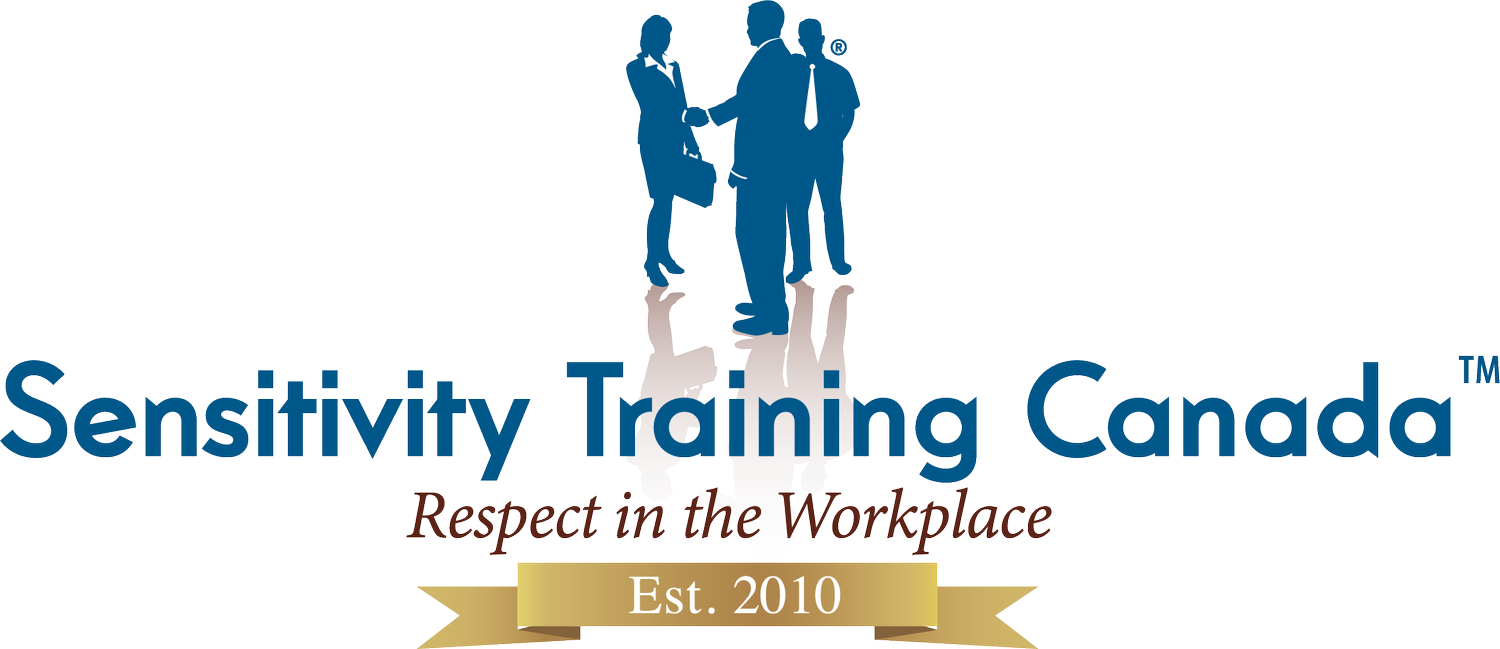The Tone of Care: Managing Staff Interactions in High-Stress Hospital Environments
Hospitals are designed to heal, yet within their walls, the people who care for others often struggle to care for one another. Under relentless pressure, even the most dedicated healthcare professionals can experience compassion fatigue, a gradual loss of empathy that shows up as irritability, dismissiveness, or impatience with colleagues.
As a leader, you’ve likely seen this before.
A tense exchange at the nurses’ station.
A sharp comment in the hallway.
A breakdown between physicians and allied staff after a demanding shift.
These moments may seem minor in isolation, but over time they corrode teamwork and trust, two ingredients that are essential to safe, high-quality patient care.
Understanding the “Why” Behind the Behaviour
Healthcare workers aren’t unkind; they’re exhausted. Years of chronic understaffing, unpredictable shifts, and emotional strain can create a cycle of stress that spills into professional interactions. Recognizing this doesn’t excuse inappropriate interactions.
The goal isn’t punishment; it’s restoration. A reprimand may silence a problem, but it rarely solves it. What staff need most is space to be heard, clarity around expectations, and consistent reinforcement that respect is part of clinical excellence.
Leadership Strategies for Healthier Interactions
1. Lead with Presence.
Spend visible time on the units. A leader’s presence signals support, not surveillance. When staff see you modelling calm, respectful communication, even in chaos, they learn what professionalism looks like under pressure.
2. Address Issues Early and Privately.
When an incident occurs, act promptly but discreetly. Ask for each person’s perspective, listen without judgement, and reinforce behavioural standards clearly and fairly.
3. Build Structured Training Around Respect.
Invest in Sensitivity Training, Effective Communication, or Respectful Workplace programs tailored to healthcare. These create shared language and equip staff with strategies to manage conflict, express concerns, and maintain empathy.
4. Re-Frame Respect as Patient Safety.
Staff who communicate respectfully are less likely to make handover errors, miss critical details, or disengage from team problem-solving. Civility isn’t just courtesy, it’s clinical risk management.
Re-Humanizing the Hospital Culture
Healthcare has always been about people helping people. Yet in the rush to manage metrics, budgets, and emergencies, the human element can get lost. Leaders who intentionally cultivate compassion, between colleagues as much as with patients, set the stage for safer, more connected care.
The best hospital cultures aren’t the ones without stress. They’re the ones where people handle stress without losing their humanity.
By leading with empathy, setting clear expectations, and investing in the interpersonal well-being of staff, hospital leaders can ensure that respect remains at the heart of healthcare, even on the hardest days.
The Sensitivity Training Canada Team
